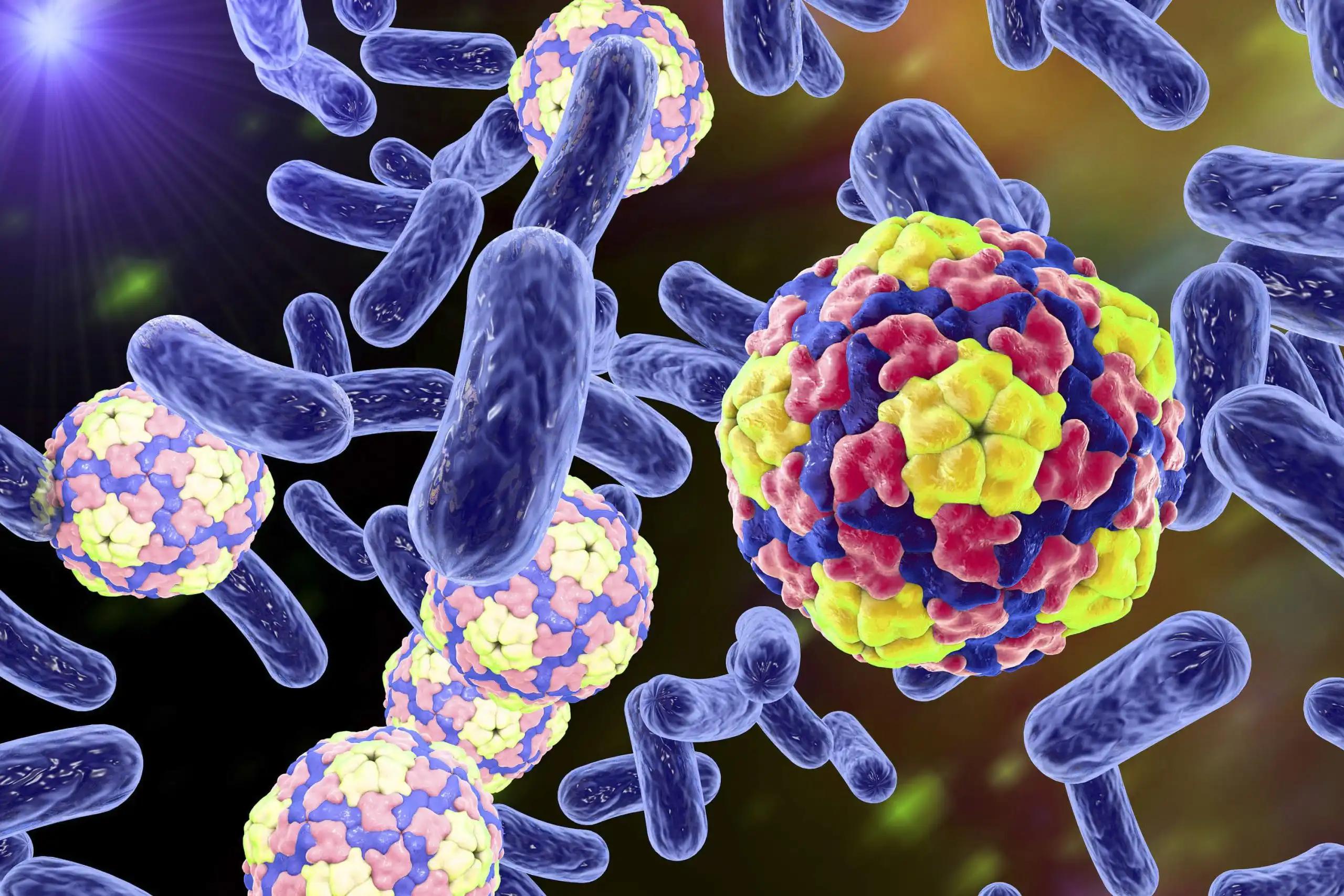KEY TAKEAWAYS
- The A264 phase I/II trial aimed to report the clinical efficacy and safety of SKB264 in NSCLC pts and to assess the correlation between response and TROP2 level.
- Pts received SKB264 at a specific dose, and tumor assessments were performed based on RECIST 1.1 criteria.
- The study found that SKB264 showed promising anti-tumor activity and manageable safety. Phase 3 studies are planned to further evaluate its efficacy and safety.
Trophoblast cell surface antigen 2 (TROP2) is overexpressed in non-small cell lung cancer(NSCLC) and linked to poor prognosis. SKB 264 is a novel ADC targeting TROP2 with high DAR (7.4) to improve stability and payload release.
Researchers aimed to report the clinical efficacy and safety of SKB264 in NSCLC patients (pts) and to assess the correlation between response and TROP2 level.
Pts received SKB264 at 5 mg/kg IV every 2 weeks. Tumor assessments were performed every 8 weeks based on RECIST 1.1.
The study enrolled 43 pts, with a majority being male (63%) and having an ECOG PS score of 1 (88%). The median age was 58 years, ranging from 44 to 74. The follow-up period averaged 11.5 months (95% CI, 10.4-12.2), and the median treatment duration was 5.7 months (range: 0.5-14.1). Among the 39 pts whose responses could be evaluated, the objective response rate (ORR) was 44%, with 15 confirmed responses and 2 pending confirmation. The median duration of response (DoR) was 9.3 months, and the 6-month DoR rate was 77%. For pts with EGFR wild-type tumors who had previously received a median of 2 lines of therapy, including anti-PD-1/L1 treatment, the ORR was 26%, the disease control rate (DCR) was 89%, and the median progression-free survival (PFS) was 5.3 months. This subgroup’s 9-month overall survival (OS) rate was 80.4%.In the subgroup of pts with TKI-resistant EGFR mutant NSCLC (50% of whom also failed at least one line of chemotherapy), the ORR was 60%, the DCR was 100%, the median PFS was 11.1 months, and the 9-month PFS rate was 66.7%. Around 67.4% (29/43) of pts experienced Grade ≥ 3 treatment-related adverse events (TRAEs).
The most common TRAEs in over 5% of pts included reduced neutrophil count (32.6%), anemia (30.2%), decreased white blood cell count (WBC 23.3%), stomatitis (9.3%), rash (7.0%), and reduced lymphocyte count (7.0%). Grade 4 TRAEs were observed only for neutropenia and decreased WBC. Most hematological issues occurred within the first two months of treatment. They were resolved with granulocyte colony-stimulating factor or erythropoietin without blood transfusions—about 23.3% of pts required dose reductions due to TRAEs. No neuropathy or drug-related lung problems were reported, and no TRAEs led to treatment discontinuation or death.
The study found that SKB264 showed promising anti-tumor activity and manageable safety. Phase 3 studies are planned to evaluate its efficacy and safety further.
Source: https://ascopubs.org/doi/abs/10.1200/JCO.2023.41.16_suppl.9114?af=R
Clinical Trial: https://classic.clinicaltrials.gov/ct2/show/NCT04152499
Wenfeng Fang, Ying Cheng, Zhendong Chen, Wei Wang, Yongmei Yin, Yongsheng Li, Huiting Xu, Xingya Li, Zev A. Wainberg, Guohua Yu, Yanjun Mi, Jordi Rodon Ahnert, Xiang Wang, Xian Wang, Yina Diao, Yalan Yang, Lian Lu, Junyou Ge, Jin Li, and Li Zhang. DOI: 10.1200/JCO.2023.41.16_suppl.9114 Journal of Clinical Oncology 41, no. 16_suppl (June 01, 2023) 9114-9114.



